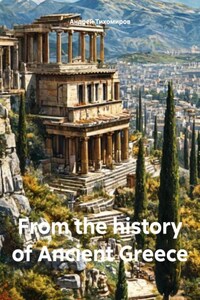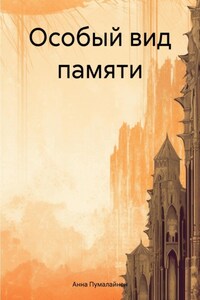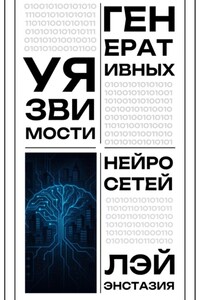Relations between cities and nations
In ancient Greece, there were several ways of interaction between cities and nations. One of the most ancient and important was the institute of hospitality, which was called Proxenia. Proxens are people who enjoyed special rights and privileges in the city where they were received. They helped local residents, participated in negotiations and defended the interests of their cities. Proxenia helped to strengthen ties between the cities and promoted the development of trade and diplomacy.
Another important institution was the "amphictyony" – religious unions that arose around temples. These unions included tribes living near the temple, regardless of their kinship. The main purpose of amphictyony is common holidays, the protection of the temple and its treasures, and the maintenance of peace. Wars were forbidden during the holidays, which helped to maintain peace and security. The most famous example of amphictyony was the Delphi-Thermopylae amphictyony, which united 12 tribes. Each tribe had two votes, which made amphictyony an important political institution.
These ancient traditions helped the Greeks to better understand each other and cooperate, which contributed to the development of their culture and society.
Amphictyonia was a union of ancient Greek cities that united to defend a common cause. They had their own meeting, which took place twice a year, in spring and autumn, at the sacred sites of Thermopylae and Delphi. Important issues were resolved at this meeting and laws were passed that are binding on all participants. The main thing in amphictyony were hieromonts, special people who were chosen from each city. They made sure that everyone kept the peace and organized religious holidays.
In the 5th and 4th centuries BC, another important group appeared – the Pilagoras. They helped the hieromonks and made sure that the cities fulfilled their obligations. The Delphi-Thermopylae amphictyony was very influential. She could declare and end wars, appoint and remove rulers. The priests at Delphi were considered heralds of the will of the god Apollo. They had secret books with ancient predictions that were read only by a select few. One of the most powerful weapons of amphictyony was the holy wars. If someone harmed the temple of Apollo, all members of the amphictyony had to speak out against the violator.












